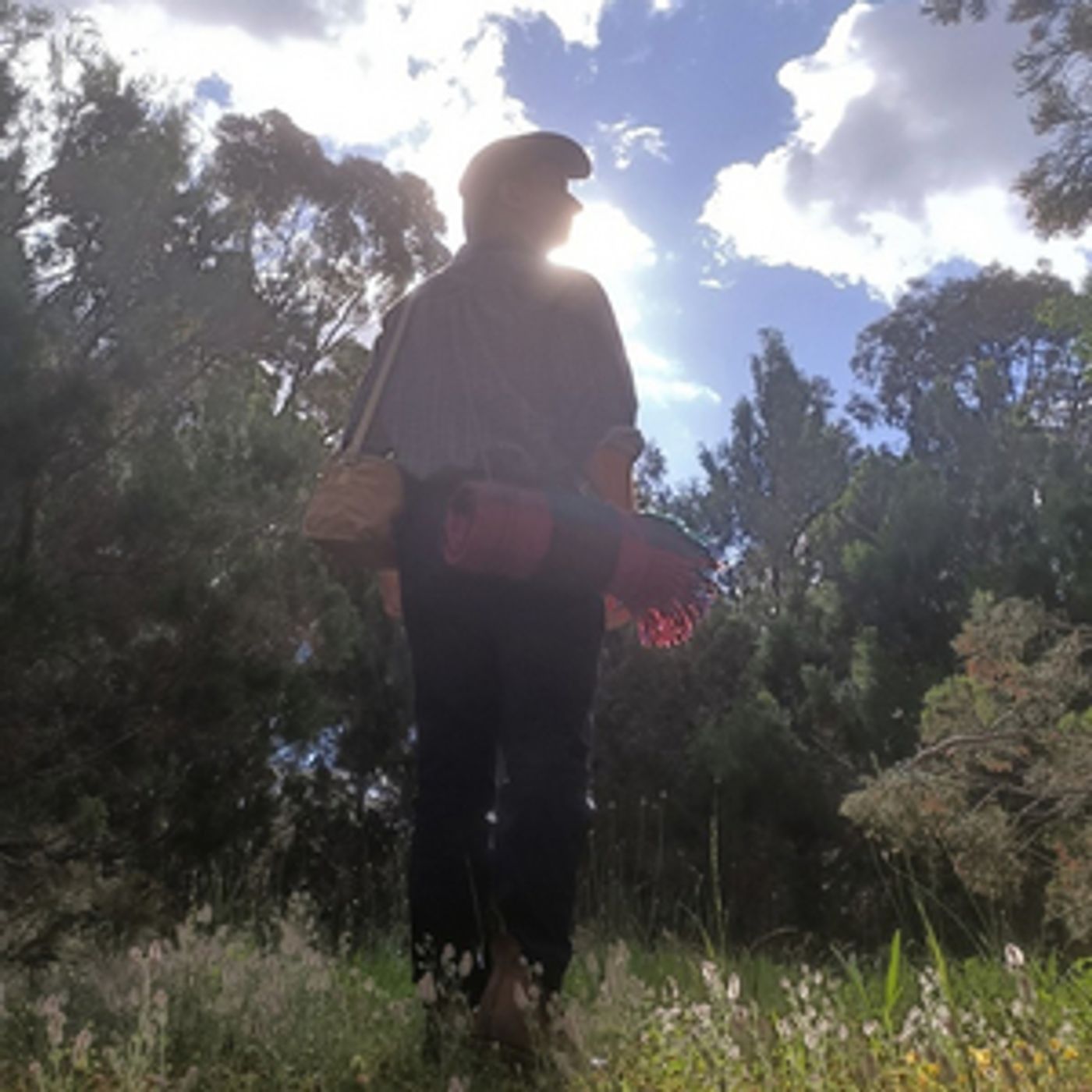Review: SONGS OF TRAVEL AND BUSH POETRY – ADELAIDE FRINGE 2021 at Clayton Wesley Uniting Church
Stars are for lovers... and astronomers.
By: Barry Lenny Mar. 07, 2021
 Reviewed by Ewart Shaw, Saturday 6th March 2021.
Reviewed by Ewart Shaw, Saturday 6th March 2021.
Away in the west,
The wild birds are flying
In silence to rest;
In leafage and frondage
Where shadows are deep,
They pass to its bondage-
The kingdom of sleep.
Of starshine unfold,
'Tis then that the stories
Of bush-land are told. The Stevenson songs of a travel from 1896 provided Ralph Vaughan Williams with nine lyrics, touched with melancholy, but set securely in the Romantic tradition of leaving the urban world behind. Though the landscape may have different colours, the sky is the same and the same stars shine down. Andrew Georg is the perfect pianist for this, with a delicate touch for Vaughan Williams translucent writing.Robert Louis Stevenson's, Let Beauty Awake, leads charmingly into Paterson's, As Long as Your Eyes are Blue, but the emotional peak lies in the transition between Paterson's, Lost, and Stevenson's, Youth and Love. A young man, son and grandson, rides out to the Twomile on a newly broken horse, and never returns. His mother rides out, seeking him for months and, one day, she too dies, but she has found her lost son.
Passing for ever, he fares; and on either hand,
Deep in the gardens golden pavilions hide,
Nestle in orchard bloom, and far on the level land
Call him with lighted lamp in the eventide. Thick as the stars at night when the moon is down,
Pleasures assail him. He to his nobler fate
Fares; and but waves a hand as he passes on,
Cries but a wayside word to her at the garden gate,
Sings but a boyish stave and his face is gone. The rapt audience saves its applause for the end, not wanting to distract the performer or break the spell, even after his telling of the Geebung Polo Club, when the Bush takes on the City and fights to the death to win. Paterson, of course, speaks loud in this show, but three women also speak, Oodgeroo Noonuccal, Ada Cambridge, and Lala Fisher. The bushman returns for an encore, Albert Arlen's setting of Clancy of the Overflow. The writer, in a stinking, polluted city, dreams of Clancy's life in the bush. It's a laugh to leave on, as we walk out into Norwood and head for the bus. The production is mounted in The Clayton Wesley Church but could travel so easily around the state, and it should. At a time when so much creative activity has been stuck indoors, this show opens the world up to us again.
Reader Reviews

Videos

